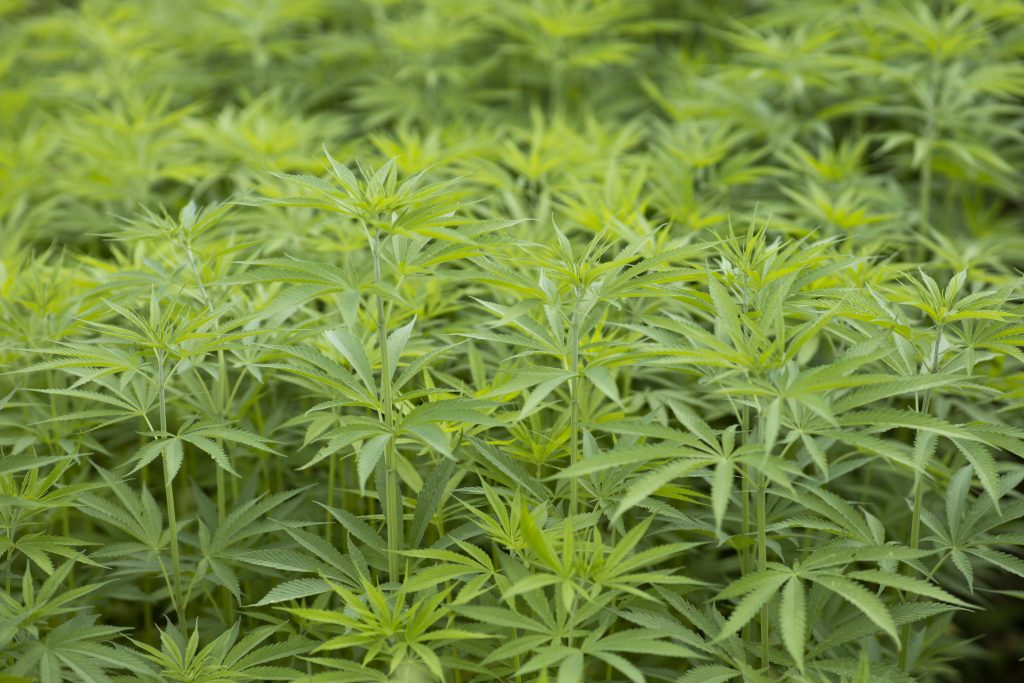
Many Alabama hemp farmers are either sitting on their crop following harvest or have decided to plow their crop under, due to low quality and decreased prices, according to Katelyn Kesheimer, Auburn University Assistant Professor and Extension Specialist.
“I spoke to a grower on Friday and he said he couldn’t find a processor that had the right price to make it worthwhile for his crop. So he’s going to sit on it a little bit, which I think a lot of people are going to do just because they’re not sure of the actual process of finding a buyer and what to do with it. They really didn’t think it through before they grew the crop,” Kesheimer said. “Honestly, I think a lot of people are going to be sitting on it or destroying their crop because it’s not even worth it to harvest.”
Kesheimer reported on Oct. 21 that Alabama hemp was expected to be low quality due to disease, insects, rain and late plantings. She received calls from buyers looking for smokable flower grade hemp and couldn’t find enough. Not much has changed two weeks later.
“There’s not a lot of great quality flower out there for smokable hemp, so I think a lot of it will get extracted into oil. But the cost associated with it might be prohibitive for some growers. They’re trying to work through that right now,” Kesheimer said. “I imagine we’ll be sitting on a little bit of hemp for the next few months, if not longer.”
2019 Hemp Still Being Held
Producers holding on to their hemp crop is not uncommon in Alabama. Kesheimer believes farmers still have hemp from 2019 because the market price never rebounded.
“It never got back up to where everyone thought it was to make it worthwhile to grow,” Kesheimer said.
Kesheimer and Regional Extension agent Jessica Kelton plan to host listening sessions with hemp producers over the next three weeks to gauge opinions and hear about the potential challenges of the industry moving forward. The first one will be this week on Thursday in Cullman.
“People tried to go big. We had a lot of new growers. There was a lack of information. There’s a lack of buyers, processors, markets. It was wet, so disease just ramped up. I don’t think people realized how quickly, whether it was southern blight or caterpillars, could take out a crop,” Kesheimer said.









